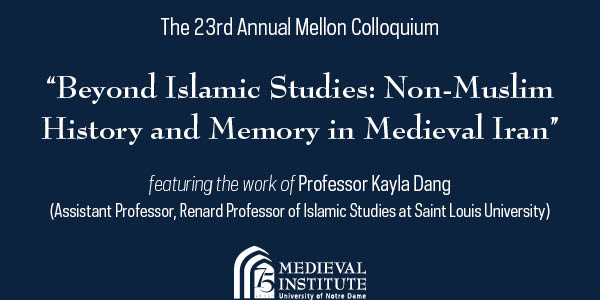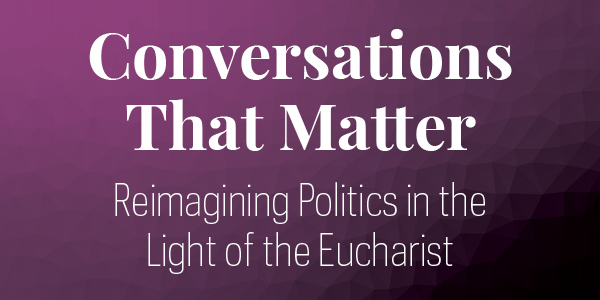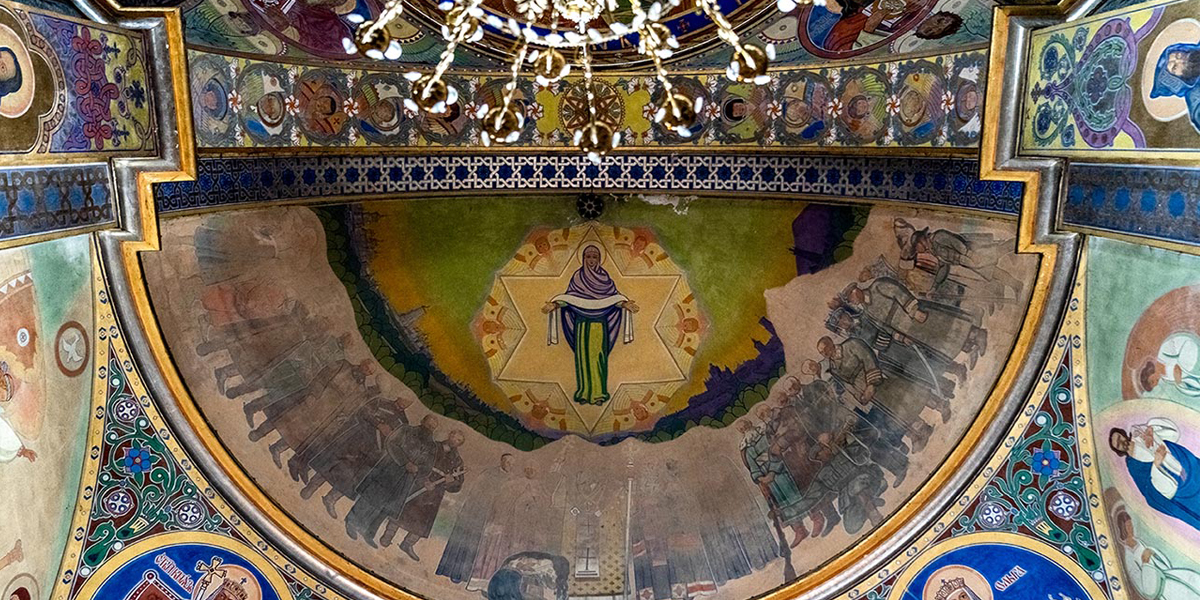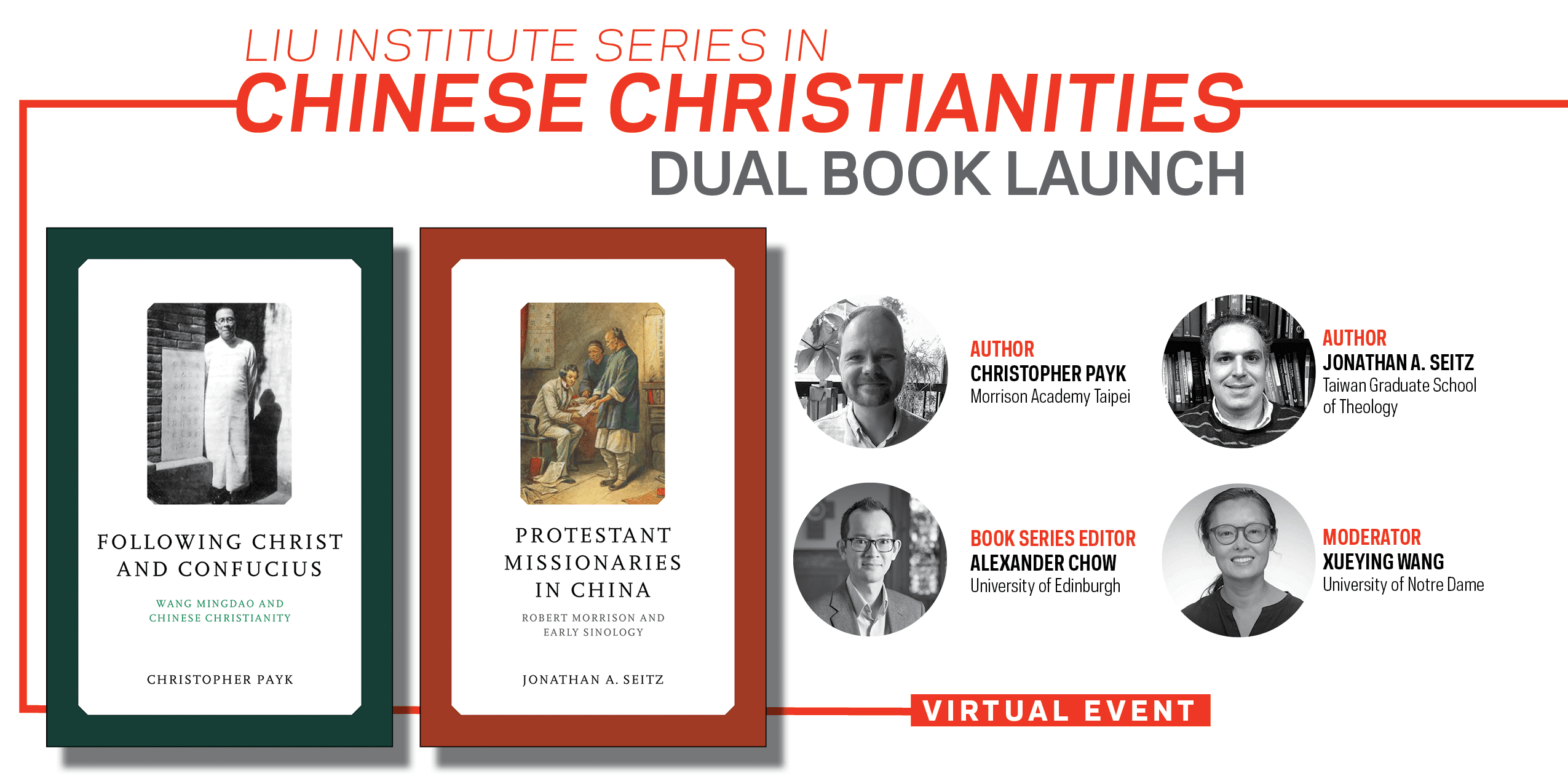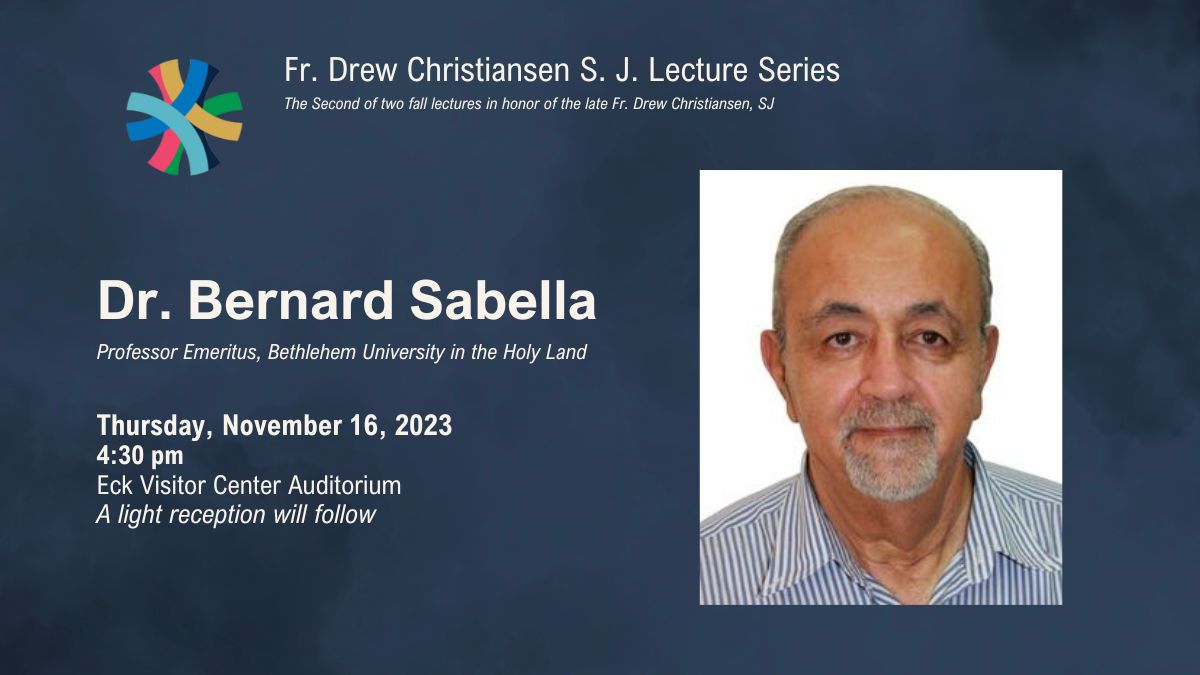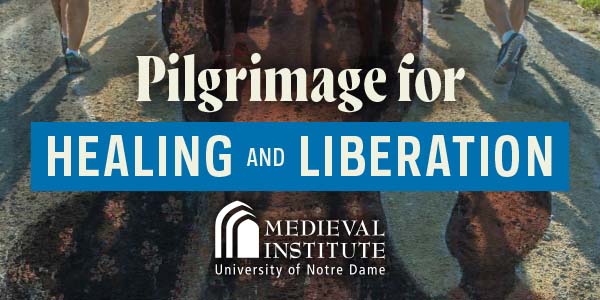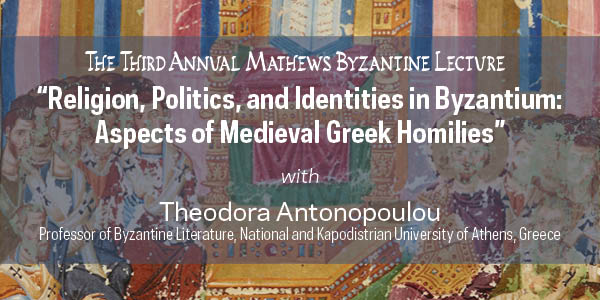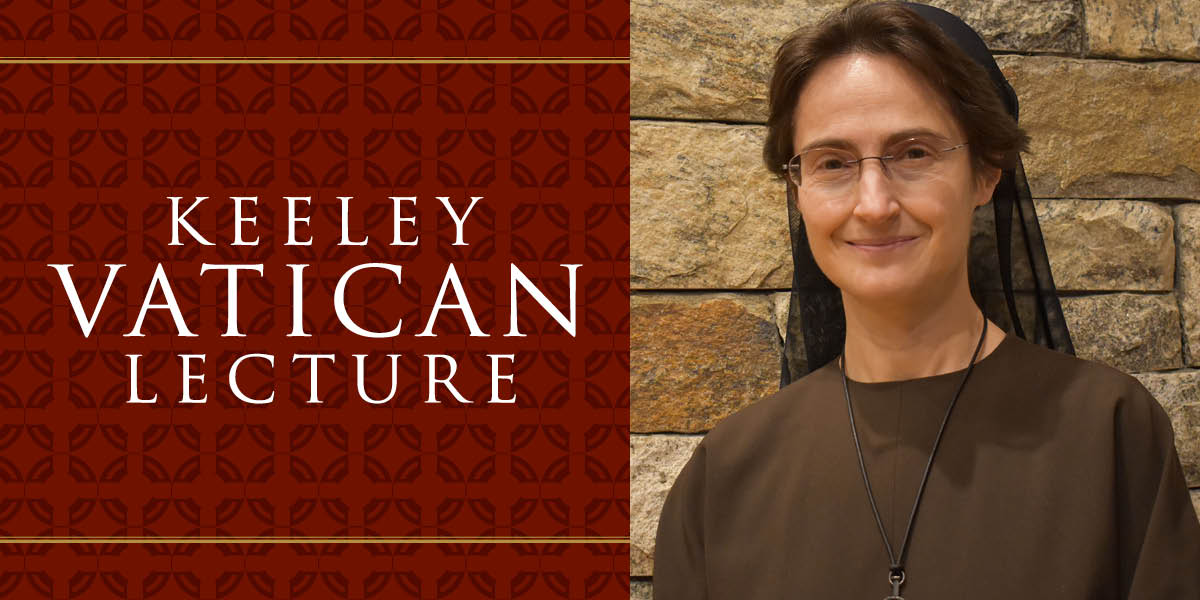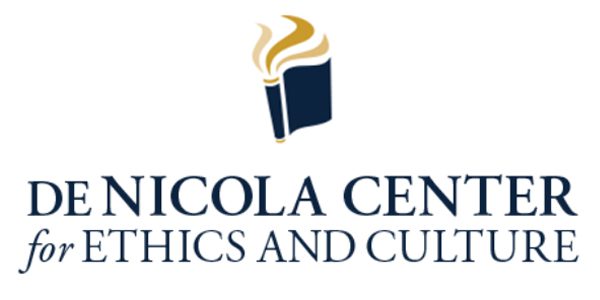Our Shared Paths to Justice: Learning from Desmond Tutu’s Faith and Activism
The late Desmond Tutu’s inspiring activism helped South Africa address the deep injustices that permeated daily life under Apartheid—a crushing system of institutionalized racial discrimination. The Anglican archbishop’s recent passing is a reminder to reflect on his legacy.
What lessons can we learn from his wide-ranging support of human dignity—from racial justice and interfaith solidarity to anti-militarism and just peace? How can his leadership in truth and reconciliation serve as a model for others? And how did his faith help inform his activism?
In this discussion, hear insights from panelists who explored Tutu’s advocacy for what he called “our shared paths to freedom and justice.” Learn how his approach can help us address inequality and oppression today.
This conversation featured Rev. Dr. Ellen Clark-King, Dean of King’s College London; Laurie Nathan, Mediation Program Director for the Kroc Institute for International Peace Studies and Professor of the Practice of Mediation for the Keough School of Global Affairs; and A. Rashied Omar, Associate Teaching Professor of Islamic Studies and Peacebuilding for the Kroc Institute for International Peace Studies.
The conversation was moderated by Charles Powell, Adjunct Assistant Professor of Multifaith Engagement for the Ansari Institute for Global Engagement with Religion.
Presented by the Ansari Institute for Global Engagement with Religion and co-sponsored by the University of Notre Dame’s African Student Association, Klau Center for Civil and Human Rights, and Kroc Institute for International Peace Studies.
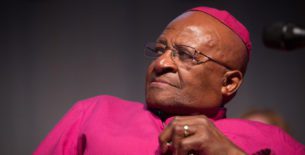
February 24, 2022
More Like This
Related PostsLet your curiosity roam! If you enjoyed the insights here, we think you might enjoy discovering the following publications.

